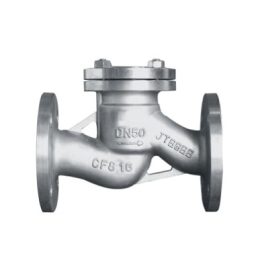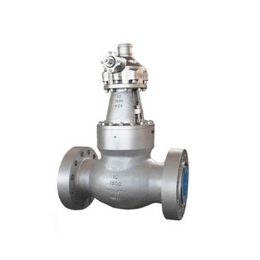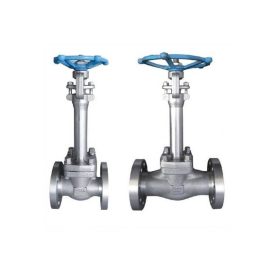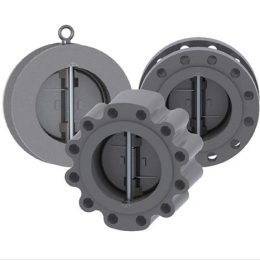Efficient and Versatile: The Casted Floating Ball Valve for Industrial Applications
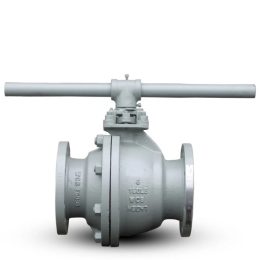
In industrial plants, efficient and reliable valves are essential for smooth operations. Among the different types of valves used in industrial applications, the casted floating ball valve stands out for its versatility and performance. This valve design is widely used in various industries, including oil and gas, chemical, petrochemicals, and power generation. In this article, we will explore the features and advantages of casted floating ball valves for industrial applications.

Introducing the Casted Floating Ball Valve
The casted floating ball valve is a type of quarter-turn valve that uses a hollow ball with a hole in the center to control the flow of fluids. The ball is held in place by two seats, which seal against the ball when the valve is closed. The ball is free to rotate, allowing the flow to pass through when the valve is open. This design eliminates the need for a stem, which reduces the valve’s overall size and weight.
Versatile Design for Industrial Applications
Casted floating ball valves are suitable for a wide range of applications, from low to high-pressure and temperature conditions. Their simple design ensures reliability and durability, even in harsh industrial environments. The valves are available in different materials, such as carbon steel, stainless steel, and alloys, to meet specific application requirements. Casted floating ball valves can handle different types of fluids, including liquids, gases, and slurries.
Streamlining Operations with Efficient Valves
Efficient valves are essential for optimizing industrial processes and reducing downtime. Casted floating ball valves offer several features that promote efficiency, such as low torque requirements, quick opening and closing, and low maintenance requirements. The ball’s floating design also ensures uniform sealing, reducing the risk of leakage and increasing the valve’s lifespan. These features streamline operations and reduce costs, making casted floating ball valves a popular choice in industrial applications.
The Advantages of Casted Floating Ball Valves
Casted floating ball valves offer several advantages that make them an attractive option for industrial applications. These valves are compact, lightweight, and easy to install, reducing installation costs and space requirements. Their versatile design and wide range of materials make them suitable for various applications, reducing the need for multiple valve types. Casted floating ball valves are also easy to operate and maintain, reducing downtime and maintenance costs. Overall, the casted floating ball valve is a reliable and efficient valve option for industrial applications.
In conclusion, the casted floating ball valve is a versatile and efficient valve design that offers several advantages for industrial applications. Its simple, lightweight, and durable design ensures reliability and durability, even in harsh industrial environments. The valve’s quick opening and closing, low torque requirements, and low maintenance requirements streamline operations and reduce costs. With its wide range of materials and applications, casted floating ball valves are an excellent choice for industrial plants looking for efficient and reliable valve options.
